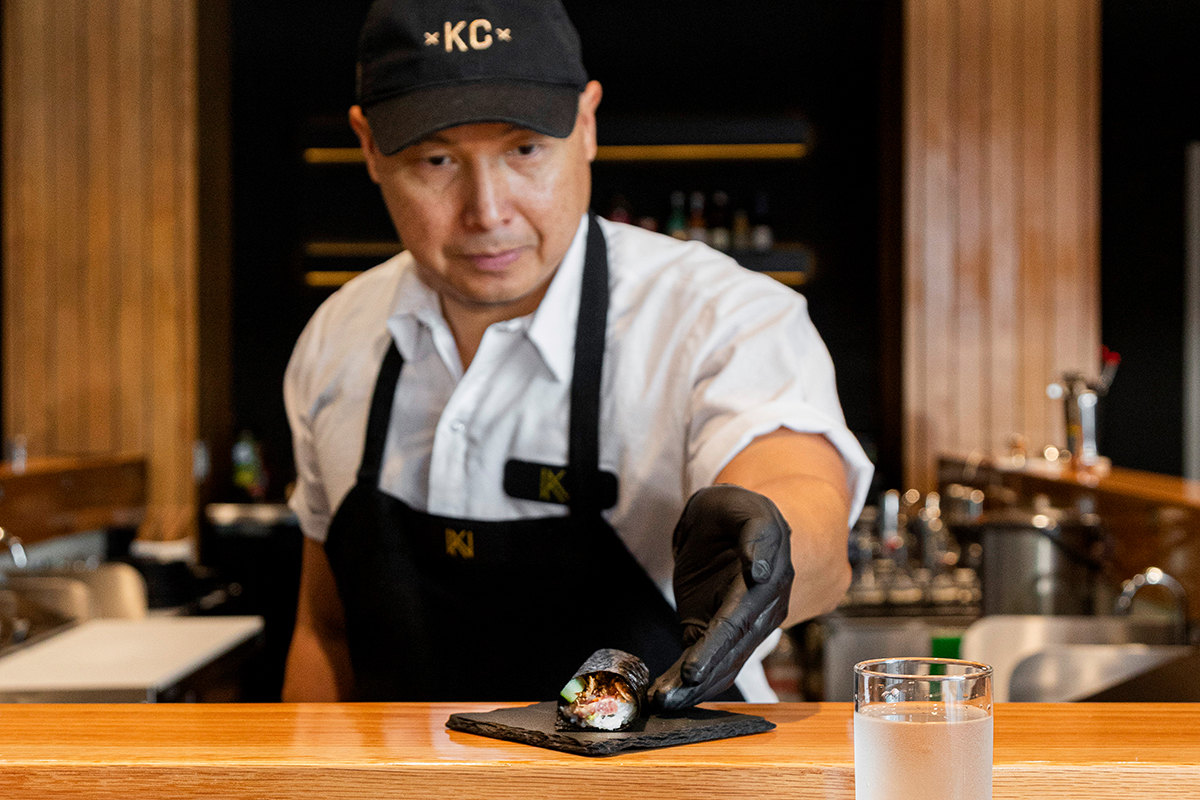Remember Zoom happy hours? Or hosting Easter over the House Party app with the family? As area businesses started to reopen to the public, why did we suddenly stop reaching out to our friends and family online? KU communications professor Jeffrey Hall answers just that and more in his new book, Relating Through Technology.
Hall seeks to answer some of the most biting questions of our time: Does the vast connectivity provided by mobile and social media lead to more and better personal relationships or the opposite? Each of the ten chapters delve into the positive and negative effects of media on relationships, leading to the question of how technological advancement has changed our connections with each other.
What motivated you to write this book?
There was an opportunity to write a book as part of this series that I really like. It’s sponsored by the International Association for Relationship Research and it basically is about all these different issues around close relationships, and there was a need for a technology book. You’ll have books that are exclusively about technology, and you have books about relationships, but you don’t have a lot of books that are about both.
How has the conversation around your book changed now because of Covid-19?
Before the pandemic, I was in the process of crafting proofs. Chapter ten focuses on what we need to do to build good practices to connect with each other. If we have all these technologies to keep in touch, what’s the best way to go about doing it? I did not expect that within weeks of that moment, we would see the amount of face-to-face communication just drop off completely. Then there were those cases where people initially reached out to their friends and had Zoom parties and Zoom get-togethers, and then people stopped doing it. Why are people like that? I think, unfortunately, a lot of people do a bad job of using the mechanisms they have in place to keep in touch with others. So interestingly, there was this kind of initial spike of, “Oh my gosh, I’m not around anybody. This is a very nerve-racking time, I need company.” And then as time went on, people were like, “I don’t want to bother. I don’t want to inconvenience anybody.” So what’s interesting is that the book really talks about these dynamics of why are we like this?
Any other big takeaways readers should keep an eye out for?
I looked at all the research on how social media is bad for you. And I say overwhelmingly, the evidence is that social media is not bad for you. And that, if we had that time back, we would probably just use it browsing the internet anyway. Yes, it is stressful to always be available through this device—and it is stressful to always try to make a perfect image and worry about what other people are going to think. And it is stressful to see all the great things other people are doing, and you may not be included. And, of course, just the raw amount of information we’re seeing through notifications and buzzes, beeps and lights. Another chapter focuses on the idea of displacement, that social media use is taking away from our face time with one another, and I would generally say, “No, it’s not the case.” But if we use our phones or other devices while we’re in the company of one another, it tends to be pretty bad. People go, “Oh, it’s ruining our entire lives” and I’m like, “Not really, but we’re not doing a great job of it.”
Do you think we’ll find our way back to communicating more online?
I don’t think so. I think that it’s unfortunate. There’s really good evidence that keeping in touch with close friends, that taking the time to make phone calls or arrange FaceTime appointments with Grandma and the kids is valuable for us, and it’s good for us to spend time talking to people. We don’t keep it up for the same reasons that we don’t do a lot of things that are good for us: It’s hard to build good habits. So that’s one of the big themes of the book. I hope that people take the time to develop good practices from this quarantine time to carry those relationships into the future.





